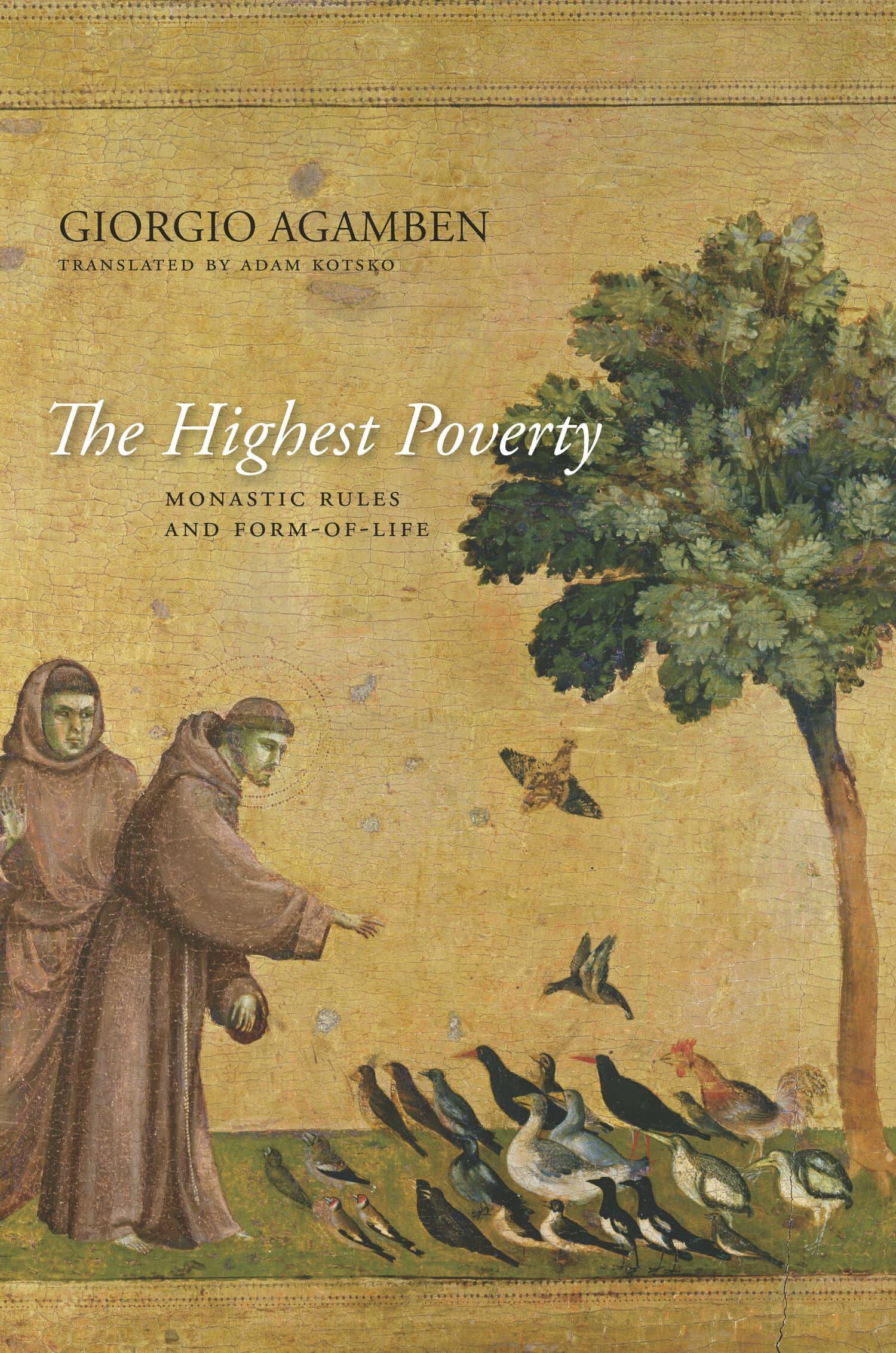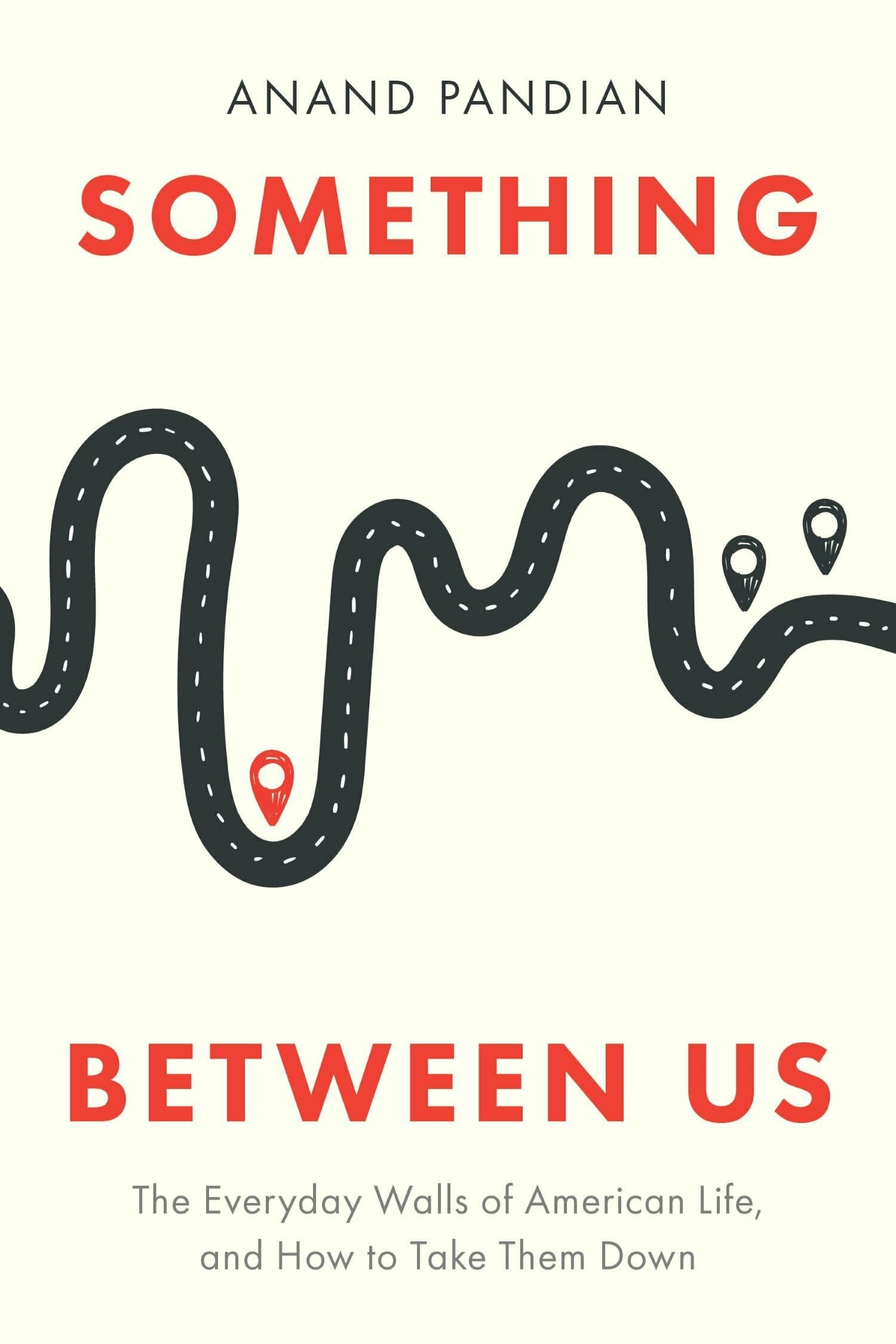The Good Life

What could middle-class German supermarket shoppers buying eggs and impoverished coffee farmers in Guatemala possibly have in common? Both groups use the market in pursuit of the "good life." But what exactly is the good life? How do we define wellbeing beyond material standards of living? While we all may want to live the good life, we differ widely on just what that entails.
In The Good Life, Edward Fischer examines wellbeing in very different cultural contexts to uncover shared notions of the good life and how best to achieve it. With fascinating on-the-ground narratives of Germans' choices regarding the purchase of eggs and cars, and Guatemalans' trade in coffee and cocaine, Fischer presents a richly layered understanding of how aspiration, opportunity, dignity, and purpose comprise the good life.
"A fine anthropological addition to the growing interdisciplinary project of happiness and well-being studies . . . Highly recommended."—B. Weston, Choice
"In the burgeoning literature on markets and moralities, The Good Life is a benchmark exercise in reconciling well-being, rationalities and in balancing the study of economic externalities with ethical internalities. It will be of great interest to ethnographers of the economy and to all thinkers concerned with the value of values."—Arjun Appadurai, New York University
"In this excellent book, Ted Fischer introduces us to Guatemalan farmers and German consumers and shows us how culturally-held values enter into economic decision-making, exposing the similarities that exist even while investigating separate corners of the world. An important contribution to economic anthropology that will be of interest to anyone concerned with the ethical dimensions of economic life."—Jens Beckert, Max Planck Institute for the Study of Societies
"Homo economicus, the representative rational actor assumed in economists' models, is a social moron. Fischer's keen eye for social detail reveals how markets populated by actual people often behave very differently from those portrayed in economics textbooks. This delightful book helps explain why policy makers around the world are increasingly attentive to the important distinction between well-being and per-capita income."—Robert H. Frank, Cornell University




